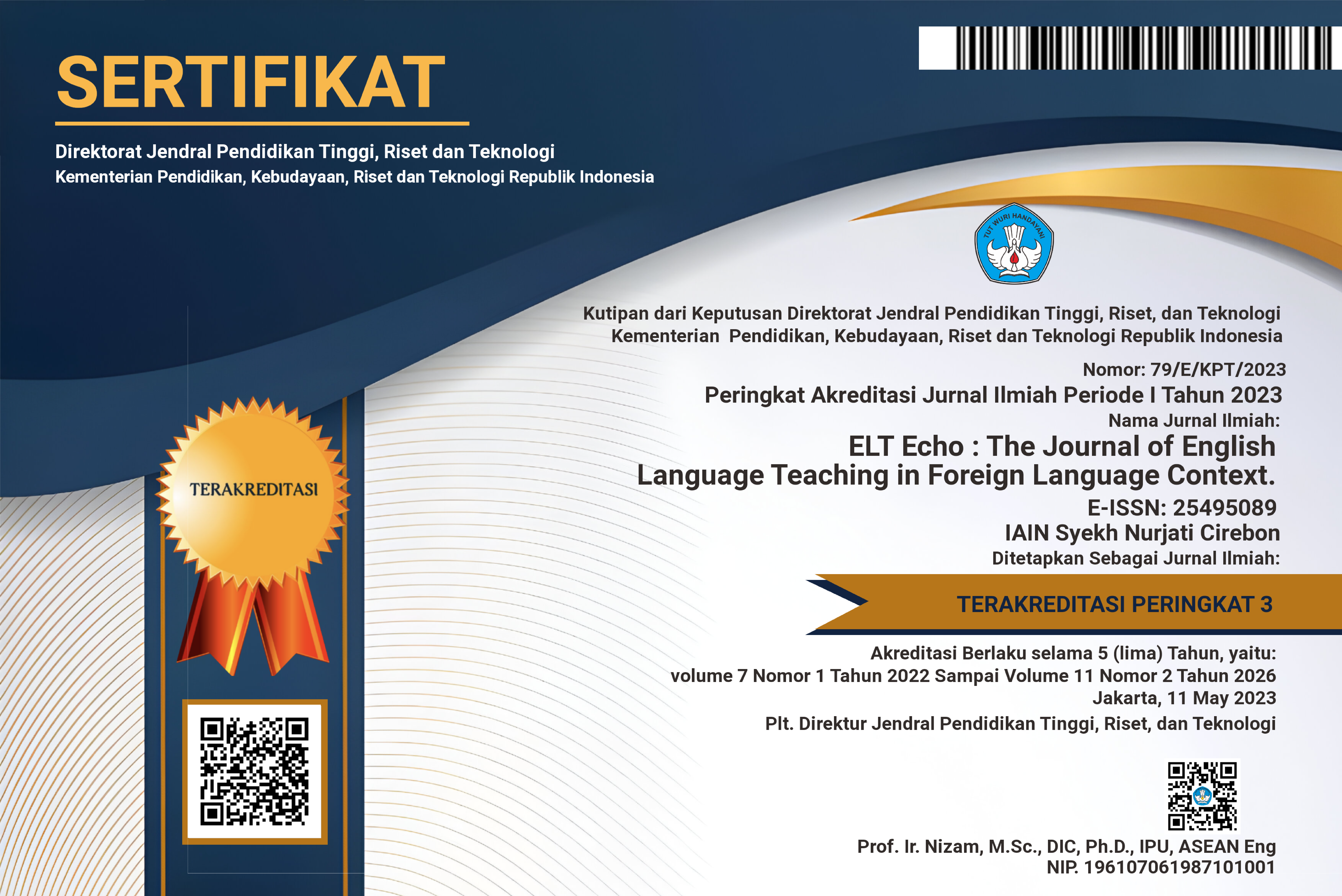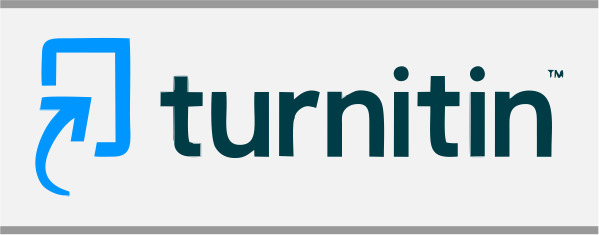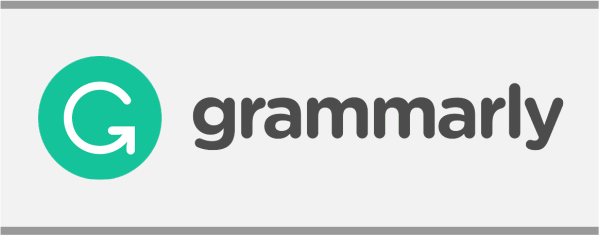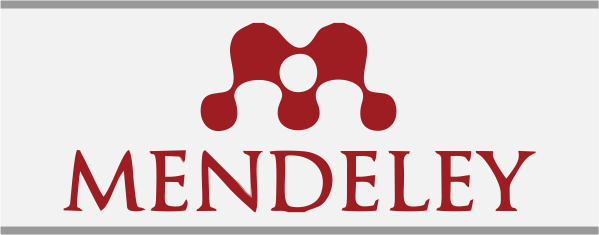- » Focus and Scope
- » Section Policies
- » Peer Review Process
- » Publication Frequency
- » Open Access Policy
- » Archiving
Focus and Scope
ELT ECHO: The Journal of English Language Teaching in Foreign Language Contexts accepts research, conceptual, and best practices articles related to English language education. The journal welcomes contributions in the following areas:
1. Literacy;
2. Second and Foreign language acquisition;
3. Bilingualism;
4. Multilingualism;
5. Technology-Enhanced Language Learning (TELL);
6. Language teaching skills;
7. Language assessment; and
8. Curriculum and material development.
Section Policies
Articles
Peer Review Process
ELT ECHO: The Journal of English Language Teaching in Foreign Language Contexts conducts a peer review process and promotes a double-blind review. The editorial team decides each article's acceptance and rejection based on the review results. The steps for the reviewing process are:
1. Manuscript submission (by author)
2. Manuscript check (by the editor-in-chief or managing editor).
At this step, the editor-in-chief or managing editor will decide if the manuscript is suitable for the journal by asking questions such as: has the author followed the journal’s guidelines? Is this the right journal for this article? Will the journal’s readers find it interesting and useful? The editor might reject the article immediately, but otherwise, it will move to the next step. Prior to further processing steps, a plagiarism check using Turnitin is applied for each manuscript.
3. Manuscript process (by editor)
4. Manuscript reviewing process (by reviewer)
5. Notification of Manuscript Acceptance, Revision, or Rejection (by editor to author based on reviewer's comments)
6. Paper Revision (by author)
7. Revision Submission based on Reviewer Suggestion (by author)
8. If the revision is satisfactory, notification for acceptance (by editor)
9. Galley proof and publishing process
Publication Frequency
This journal is published twice a year on June and December.
Open Access Policy
Â

This work is licensed under a Creative Commons Attribution 4.0 International License.
Archiving
This journal utilizes the LOCKSS system to create a distributed archiving system among participating libraries and permits those libraries to create permanent archives of the journal for purposes of preservation and restoration. More...










